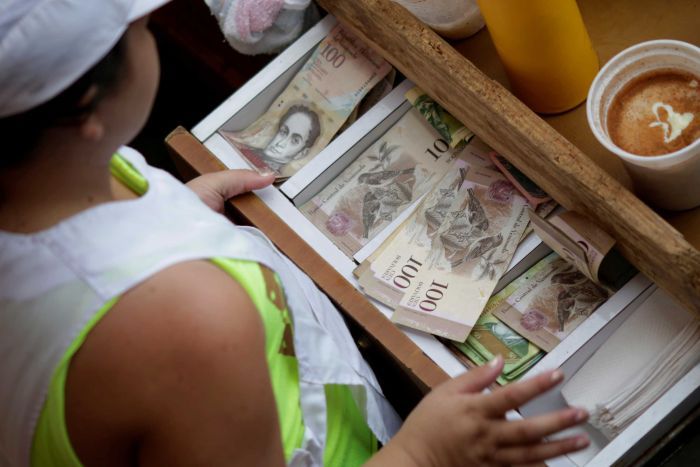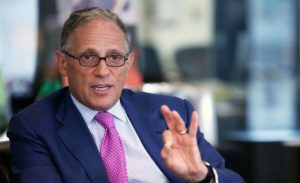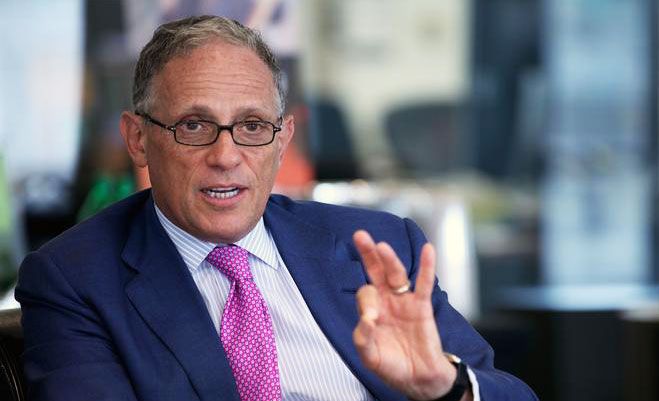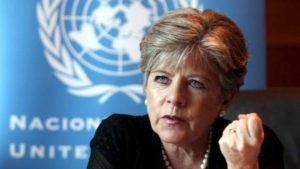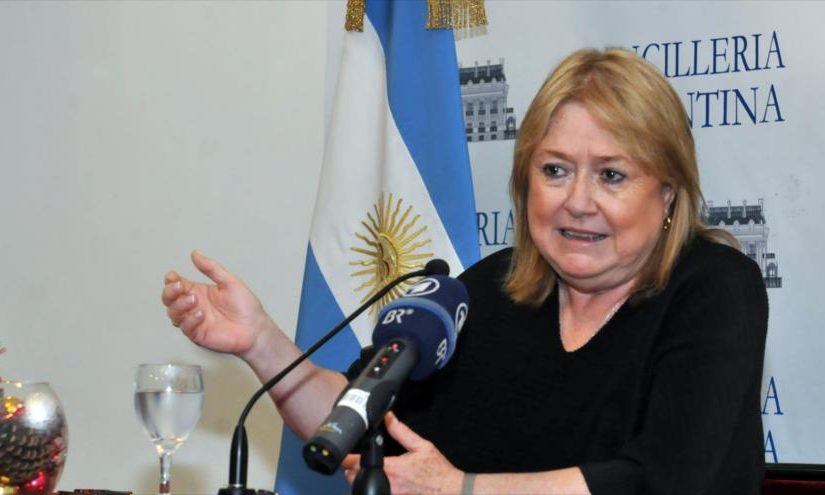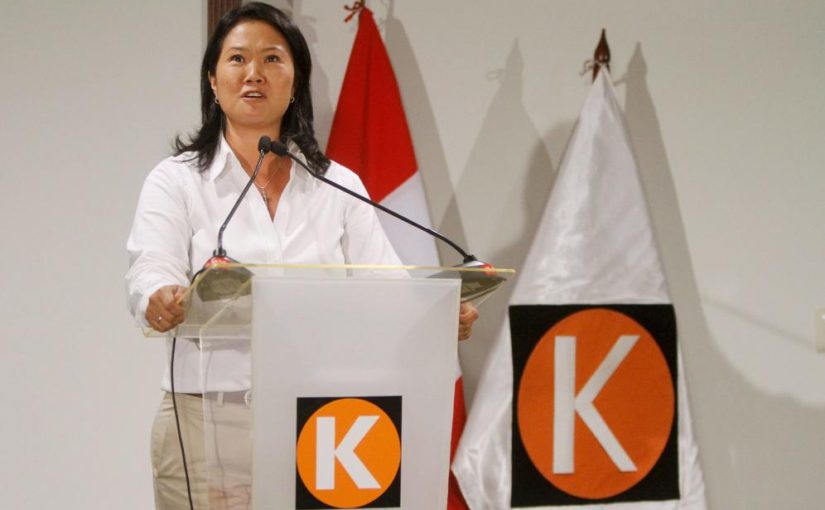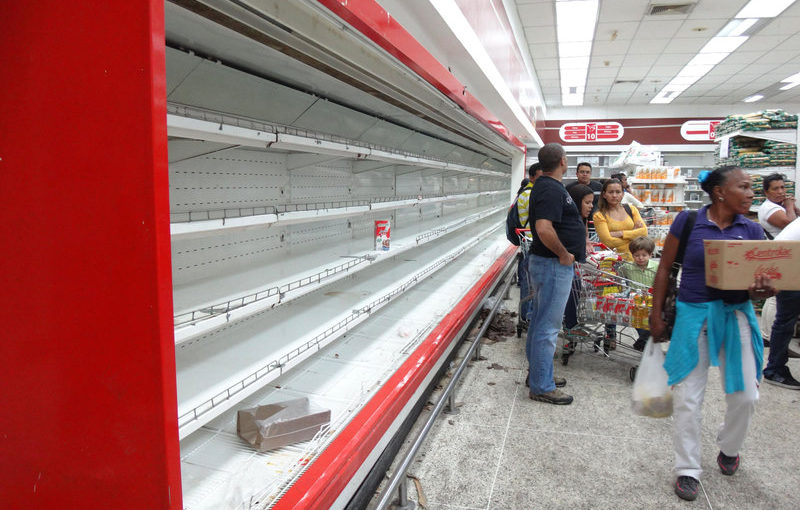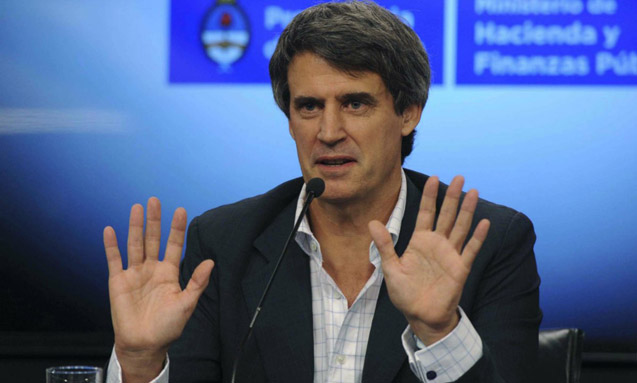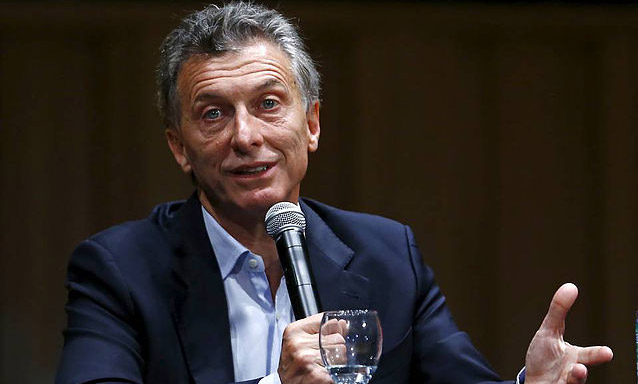The Venezuelans have three days from this Tuesday to exchange in the state financial institutions their 100 bolivars, the highest denomination in Venezuela, after the publication of the respective presidential decree in the official gazette.
The rule was issued within the framework of the state of emergency and economic emergency decreed by Venezuelan President Nicolás Maduro, which has been in force since the beginning of the year, as an “urgent measure to guarantee and defend economic stability”, according to gazette. The decision was made by Maduro last Sunday to deal with alleged Colombian mafias that store paper money to destabilize the country’s economy.
After an exhaustive investigation, it was determined that there are stores not only in several cities of Colombia but also in Brazil, Germany, the Czech Republic and Ukraine, where mafias are accumulating Venezuelan bills, according to the official version.
“An unscrupulous sector enemy of the Homeland has undertaken a strong attack against the Venezuelan currency applying illegal methods of hoarding and extraction of legal tender paper,” reads the official text.
It blames that same “sector” of inflation in the Caribbean country, whose figures have not yet been revealed by the Central Bank of Venezuela (BCV), but which economists predict is one of the highest in the world.
The 100 bolivars that go out of circulation can be exchanged in public banks for other denominations that remain in force, such as those of 50, 20 or 10 bolivars; While those who fail to be changed will lose their power of payment, says the presidential decree. But in the latter case, Venezuelans will have ten more days to go to the box offices arranged by the BCV to exchange their tickets. It is expected that in the coming days a new family of banknotes will progressively replace the current one and will have as its denomination the 20,000 bolivars.

